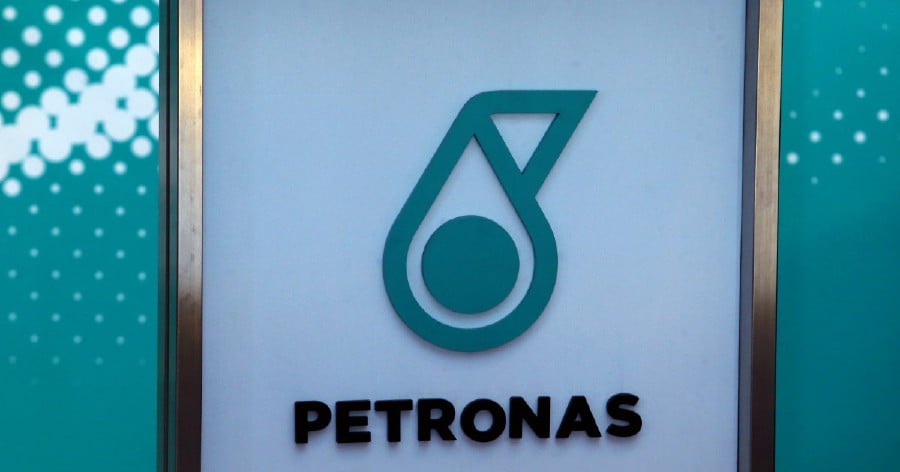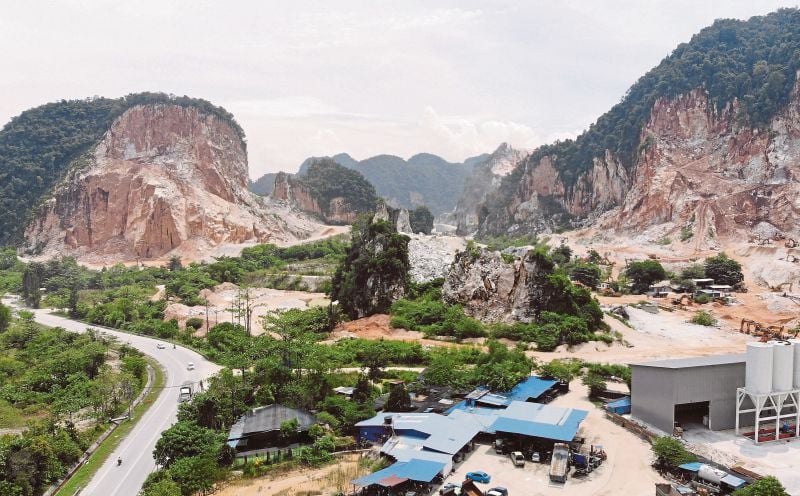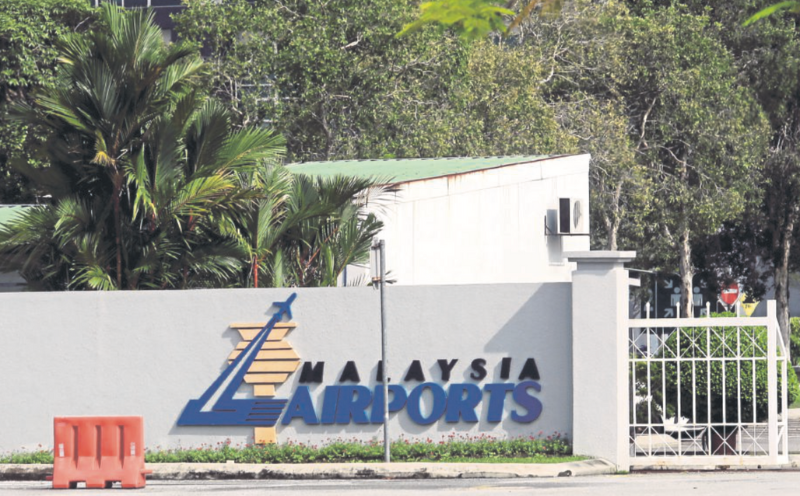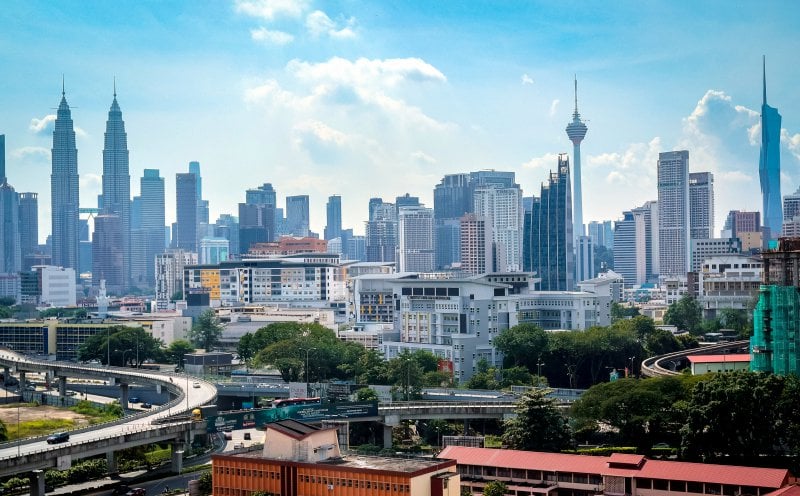KUALA LUMPUR: Stakeholders in the oil and gas sectors need to work hand in hand to provide sustainable energy as the world transitions to lower carbon emission environment.
Petronas president and group chief executive officer Datuk Tengku Muhammad Taufik said the world was facing an energy, food and inflation crises.
This was on top of being at the threat of climate crisis, he said, adding that the management efforts that had taken place had only proved to be "temporary and fleeting".
"The energy crisis we are facing is not entirely unexpected. Even as some foreigners are calling on the industry to increase oil and gas production as the only viable option in the short term, collectively, as an industry, we are faced with customers, financiers, partners, and policymakers that continued to be universally united in recognising and pushing for a lower carbon emission and more sustainable future.
"The industry has a responsibility to respond with energy which considers addressing the energy aspects of affordability, security and sustainability," Tengku Muhammad said in his keynote address at the Oil and Gas Asia (OGA) 2022, the Malaysia Oil & Gas Services Exhibition and Conference (MOGSEC) and Petrochemicals Sustainability Conference (PSC).
He said it was crucial for Asia in general, and primarily countries such as Malaysia, to formulate its own realistic and practical transition pathway which must be responsibly orchestrated.
The rapid changes that the countries were facing had emphasised the importance of being prepared to respond with agile strategies and a willingness to embrace innovation as well as new solutions to face this new normal, he added.
Muhammad Taufik also said there was a need to navigate the immediate future with explicit understanding that sustainability was the new licence to operate.
"While I believe that all of us in this conference can agree that oil and gas would still make up a significant portion of the energy mix, especially for developing countries, it is also our collective responsibility to recognise the real challenge before us which is to deal with the true adversary to the planet and the longevity of our next generation," he said.
He underscored that there was no one clear pathway to reach net zero emissions as the transition required evolutionary approaches and continuous improvements.
The industry today must depart from "business as usual" and pursue as well as deliver the greatest technological innovation at an unprecedented state to achieve optimum transition, he said.
Among the collective efforts that the industry can look into include collaboration to accelerate technology uptake and create an array of new revenue streams, while sharing resources and invesments.
Another area that can be considered for greater collaboration would be carbon capture, utilisation and storage, said Muhammad Taufik.
"Malaysia offers ideal sites for carbon dioxide storage, particularly off the coast of Malaysia. Petronas has the ambition to accelerate the decarbonisation of our operations by managing a carbon storage portfolio and establishing the regional storage hub for carbon emissions as a new revenue generator," he said.

















